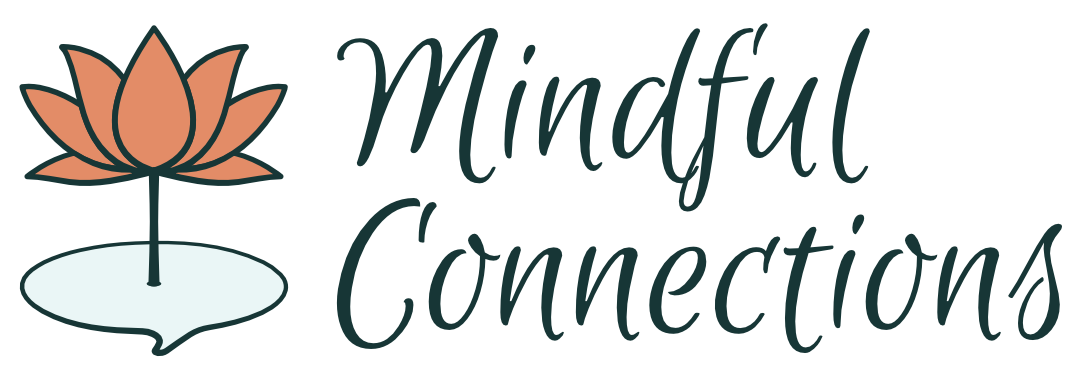Book Review: The Myth of Normal: Trauma, Illness, and Healing in a Toxic Culture by Gabor Mate
This is such a great book but it is HEAVY. I had to take frequent breaks so I didn’t become too overwhelmed by the content. There are so many good quotes, I don’t think I’ve ever highlighted a book as much as I did this one.
The Myth of Normal is an examination of the larger social forces at work and how it impacts our bodies and minds. It examines North American cultural values that are rooted in capitalism. It looks at the ways our medical establishment is trained to ignore trauma and stress as factors in disease, despite them having a very strong correlation. It offers alternative ways of looking at disease that are rooted in self compassion and in partnership with the body. It normalizes the human experiences of emotion instead of pathologizing it.
Here are a few favorite take aways from the book that I will expand on:
1. A New Take on Depression
2. Redefining Trauma
3. The role of Capitalism and our Mental Health
A New Take on Depression
“Depression appears as a coping mechanism to alleviate grief and rage and to inhibit behaviors that would invite danger”
This quote comes from the chapter that examines our human need for authenticity and connectedness. We are taught at young age that certain behaviors are desirable and others are not. Well meaning adults teach us this because they want us to have relationships and it’s true that certain behaviors will make this challenging. Unfortunately, it also teaches us that parts of ourselves are bad and need to be hidden, which creates stress.
The author suggests that depression is more of a reflection on how our relationships are going. People may involuntarily enter a depressed state when they are suppressing emotions like grief, rage, insecurity, and anxiety in an effort to maintain relationships. It’s such an interesting and more empowering way of understanding depression than just “it’s a chemical imbalance and it’s out of your control”.
Redefining Trauma
“Emotional injury during development can have physiological consequences, even without abuse or neglect….The most powerful predictor of your functioning in the present is your current relational connectedness and then the second most powerful component that we see is your history of connectedness”
This is such an overlooked area in our field. If you’ve read my page on trauma then you already know that I prefer a more expansive definition of trauma. That’s because I’ve seen how detrimental emotional injury can be. It effects our ability to feel safe and trust others. It keeps people from having relationships all together, which is detrimental to our mental health.
Capitalism and Mental Health
“The structure of Capitalism creates a situation where people’s value relies on their capacity to consume”
So many people I know struggle with low self esteem. Many times, it goes back to feeling like you don’t measure up to your expectations. We know these expectations come from somewhere, but have you ever stopped to think about where? American values are around having a lot of stuff and doing a lot of things. These values ultimately support Capitalism’s mission – to make a profit.
I think it’s so important to understand how larger systems impact our mental health. If we can understand the flaw in the system we can then start to dismantle the hold it has over us.
I went through ups and downs while reading this book, but ultimately I think it’s a very important contribution to the field of mental health. It is lengthy, wordy and opinionated at times.
I gave it 4/5 stars.
